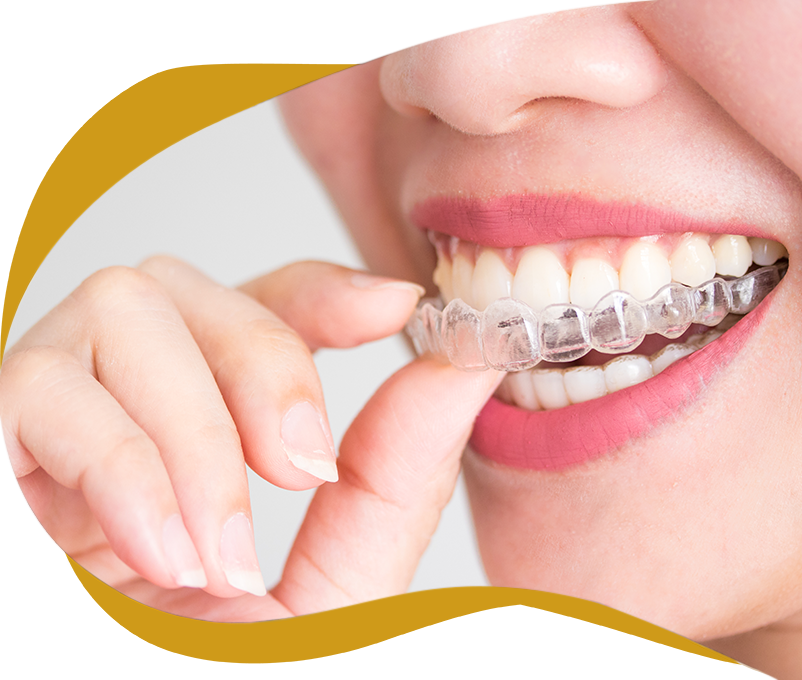Root canal treatment is a dental procedure that is often necessary to save a tooth from extraction. It involves removing the infected or damaged pulp from the inside of the tooth and then filling and sealing the root canals. While root canals have a reputation for being painful and uncomfortable, advancements in dental technology and techniques have made the procedure much more tolerable.
- Before the Procedure: Prior to the root canal treatment, your dentist will conduct a thorough examination of your tooth and may take X-rays to assess the extent of the damage. They will also discuss the procedure with you and answer any questions or concerns you may have. If you are looking for root canal treatment online, you can also check out this website.

- During the Procedure: Once you are numb and comfortable, your dentist will create a small access hole in your tooth to reach the pulp chamber and root canals. Using specialized dental instruments, they will carefully remove the infected or damaged pulp tissue from the tooth. The canals will then be cleaned and shaped to prepare them for filling.
- After the Procedure: After the root canal treatment, it is normal to experience some discomfort and sensitivity in the treated tooth and surrounding area. This can be managed with over-the-counter pain medications, such as ibuprofen, as prescribed by your dentist.
- Follow-up Visits: After the initial root canal treatment, you will need to schedule follow-up visits with your dentist. These visits are crucial to monitor the healing process and to place a permanent restoration on the treated tooth.
Conclusion
Root canal treatment may seem daunting, but with the advancements in dental technology and techniques, it is a relatively comfortable and effective procedure. By knowing what to expect during and after the treatment, you can approach it with confidence and ensure the success of the procedure. Remember to follow your dentist's instructions, attend all follow-up visits, and maintain good oral hygiene to keep your treated tooth healthy for years to come.